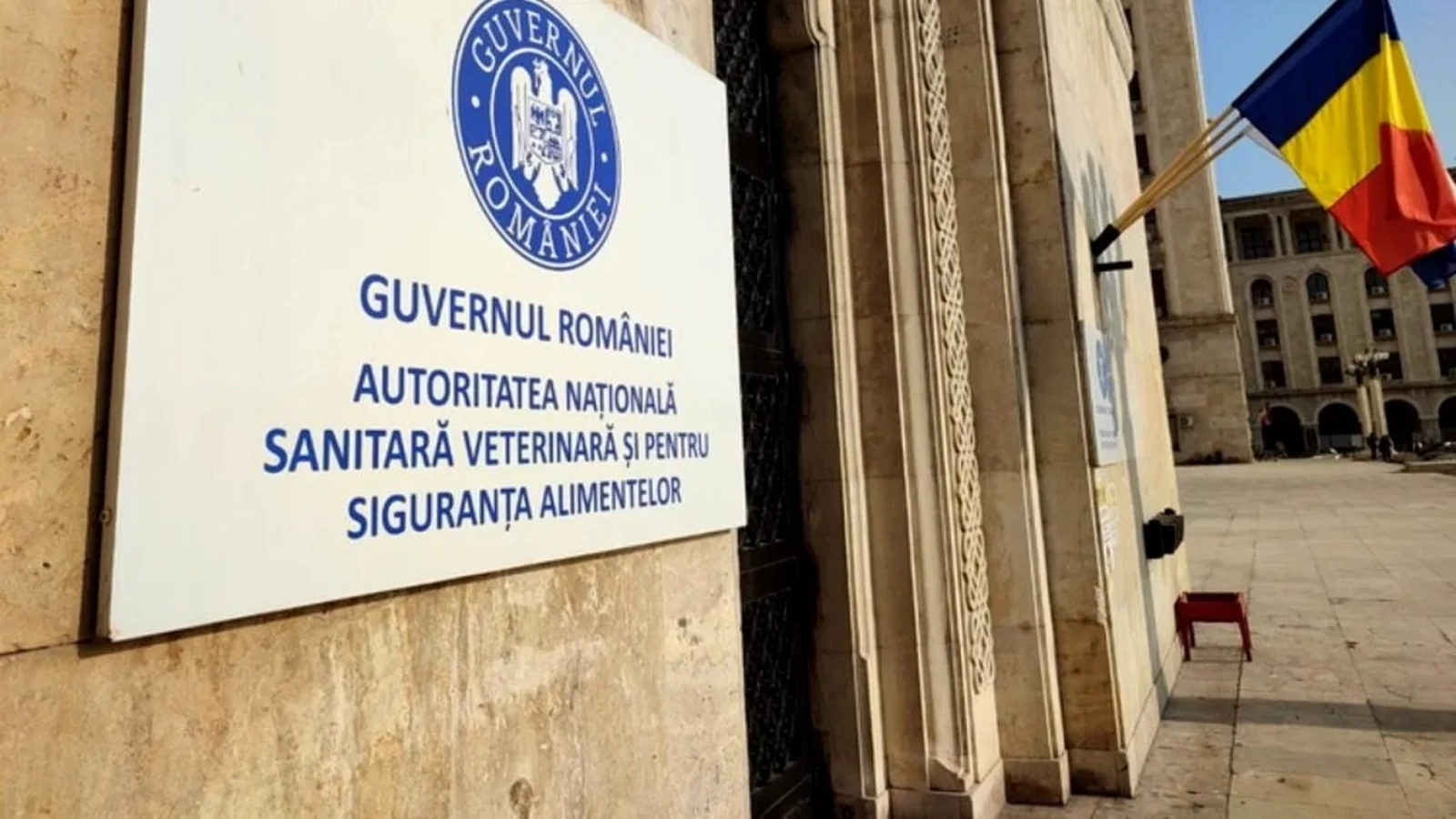The National Sanitary Veterinary and Food Safety Authority (ANSVSA) has issued a warning regarding the high risk of avian flu entering and spreading in Romania, amid a European epidemiological situation that remains concerning.
The institution mentioned in a release that there are currently no active avian flu outbreaks on Romanian territory.
The ANSVSA maintains a high level of surveillance and has issued additional biosecurity measures to all county Veterinary and Food Safety Directorate (DSVSA), especially in areas exposed to wild bird migration.
"Avian flu is a real risk and prevention remains the most important instrument we have. I urge all poultry farmers to treat biosecurity rules with the utmost seriousness. Protecting birds starts with simple measures applied consistently, and every day we prevent an outbreak means protection for farms, households and Romania's economy," ANSVSA President Alexandru Bociu said, as quoted in the release.
In the past 30 days, at European level, the H5N1 avian flu outbreaks have been confirmed across numerous member states: Germany - 98 outbreaks, France - 28, Italy - 15, Poland - 13, the Netherlands - 12, the Czech Republic - 8, Denmark and Spain - 5 each; Sweden, Bulgaria and Ireland - 4 each, Belgium - 3, Northern Ireland, Portugal, Slovakia and Hungary - 2 each, and Lithuania and North Macedonia - 1 each.
In order to reduce risks, the ANSVSA recommends that domestic birds be kept in protected spaces, but if this is not possible, feeding and watering should only be done in covered areas inaccessible to wild birds. It is also advised to separate ducks and geese from other domestic birds, as they can transmit the virus without showing symptoms.
Poultry farmers should be informed about the symptoms of avian flu and report immediately to a veterinarian in case of any unusual mortality, the authority underscored.
The ANSVSA has also adopted active and preventive measures, such as increasing surveillance in areas with high densities of wild birds, issuing additional biosecurity measures to county DSVSA, intensifying inspections on farms, during transport and at bird sales points, monitoring wild birds through sampling and testing in priority areas, rapid intervention in case of suspicion (delimiting affected zones, culling if necessary, disinfection and applying movement restrictions), continuously informing farmers and cooperating closely with private veterinarians.
Moreover, the Authority mentioned that population also has an important role in in supporting veterinary health efforts. Thus, citizens are advised not to touch dead or sick wild birds and to report them to the authorities and people should not enter premises with domestic birds without permission or without following hygiene measures. Furthermore, the transport of birds must only be done with legal documentation and in compliance with veterinary rules, while poultry and poultry products should only be consumed if obtained from authorised units.
































Comentează